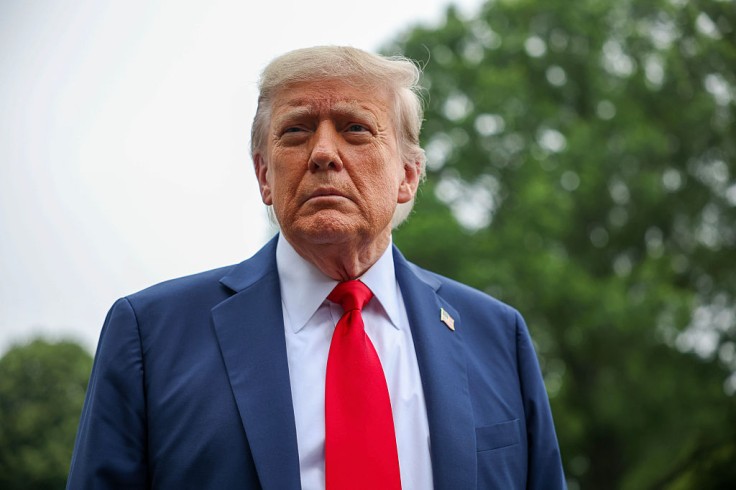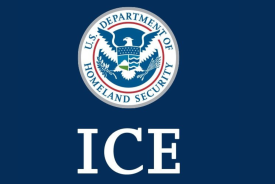
In October 2025, the Trump administration formally rolled out its "Compact for Academic Excellence in Higher Education," a 10-point memo sent to nine prominent universities. The compact offers preferential federal funding in exchange for compliance with new rules governing admissions, faculty hiring, tuition policy, international enrollment, and campus speech. Al Jazeera+2CBS News+2
How the Rules Emerged
This initiative did not arise in a vacuum. Earlier in 2025, the administration had already demonstrated a confrontational approach to higher ed: it paused or threatened freezing billions in research grants to universities like Harvard, Columbia, and Penn, citing alleged failures in handling campus protests and diversity programs.
In August 2025, Trump signed an executive order requiring universities to disclose admissions data, pushing transparency and oversight in university practices. That move laid part of the groundwork for later demands tying compliance to federal funding.
By October 1, 2025, the compact letters were delivered to nine institutions, giving them until Nov. 21, 2025 to agree to the terms or risk being sidelined from premium federal support.
What the Memo Demands
Under the compact, universities must:
- Remove race and sex as factors in admissions and hiring
- Publicly share anonymized admissions data (GPA, test scores) by demographic group
- Require standardized testing (SAT/ACT) for admissions
- Limit international undergraduate enrollment to 15%, with no more than 5% from any single country
- Freeze tuition for five years
- Freeze or waive tuition in "hard science" majors at institutions with large endowments
- Eliminate or reshape departments that "belittle, punish or spark violence against conservative ideas"
- Ensure the campus remains a "marketplace of ideas" with ideological diversity
- Reduce administrative costs and boost transparency of graduate outcomes
Universities that sign the compact are promised "substantial and meaningful federal grants," "priority overhead payments," and federal partnerships. Those that refuse could lose access to such advantages.
Universities Targeted
The nine universities that received the compact are:
- University of Arizona
- Brown University
- Dartmouth College
- Massachusetts Institute of Technology (MIT)
- University of Pennsylvania
- University of Southern California
- University of Texas at Austin
- University of Virginia
- Vanderbilt University
At least one university — University of Texas — responded publicly, with its Board of Regents describing being selected as "honored" while emphasizing it would review the compact carefully.
What It All Means
The arrival of this compact marks a new era in federal-university relations. By conditioning funding on ideological and administrative conformity, the rules threaten to blur the line between academic autonomy and political mandates. For the nine universities targeted — and many that watch closely — the decision to accept or reject may define not only funding but the very character of institutional identity.
© 2026 University Herald, All rights reserved. Do not reproduce without permission.








